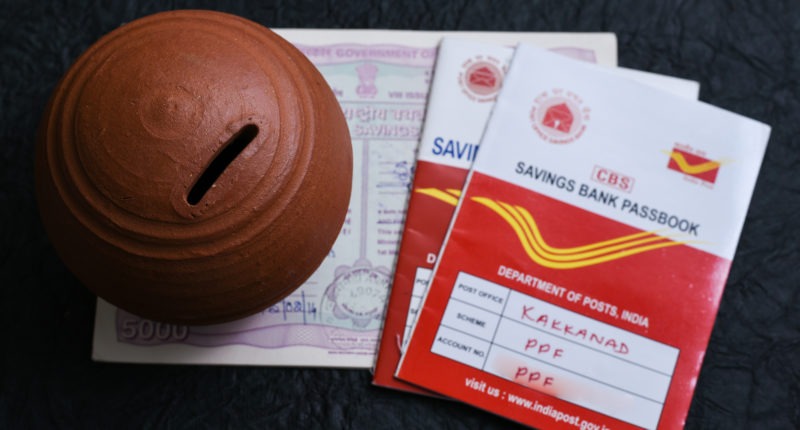In the future, all account-related activities, including closure, duplicate passbook issuance, and transfer of the account, etc., will be permitted except for the Senior Citizens’ Saving Scheme. As a post office savings scheme investor, you could be having a single account or have a joint account. The government has now issued clarifications concerning investors with joint accounts in post office savings schemes.
As an investor, you will be allowed to have Joint A and Joint B type accounts under the PO schemes. This clarification is regarding the operation of the Joint B type accounts under the National Savings Schemes such as SCSS, NSC, and others.
A Joint A type account can be opened jointly in up to three adult names payable to all the holders jointly or to a survivor or survivors. A Joint B type account can be opened jointly in up to three adult names payable to a survivor or survivors or any account holders.
The Finance Ministry mentioned in its clarification that all kinds of operations would be allowed by any of the depositors or the surviving depositor in the case of a Joint B type account.
Nevertheless, in the transfer of account application or certificates concerning Non-CBS Post Offices and transfer to Branch Post Offices, signatures related to all depositors within a Joint A or B type account must be obtained since specimen signatures concerning all the depositors is needed.
Hence, in the case of a Joint B type account, all account-related operations inclusive of closure, issuance of duplicate passbook and transfer of the account, etc. will be permitted to be executed by either of the joint depositors or the survivor with respect to all schemes except Senior Citizens’ Saving Scheme (SCSS) under the National Savings Schemes.
An individual can open an account either in an individual capacity or jointly with their spouse in SCSS. Both the spouses will be allowed to either open a single account or joint accounts with each other with a maximum deposit of up to Rs 15 lakh in each account as long as both qualify individually to open an account. The whole deposit amount in a joint account will apply to the first account holder only.
For an SCSS account, as the whole deposit amount applies to a first account holder, only a quarterly interest withdrawal can be executed by either of the joint depositors or a survivor in case of a Joint B type account.
The remaining operations concerning a Joint B type SCSS account can be done either by the first account holder, or a first account holder’s signature will be compulsory for all application forms concerning the various operations of an account.
For any clarifications/feedback on the topic, please contact the writer at bhavana.pn@cleartax.in
Bhavana is a Senior Content Writer handling the GST vertical. She is committed, professional, and has a flair for writing. When away from work, she enjoys watching movies and playing with her son. One thing she can’t resist is SHOPPING! Her favourite quote is: “Luck is what happens when preparation meets opportunity”.





